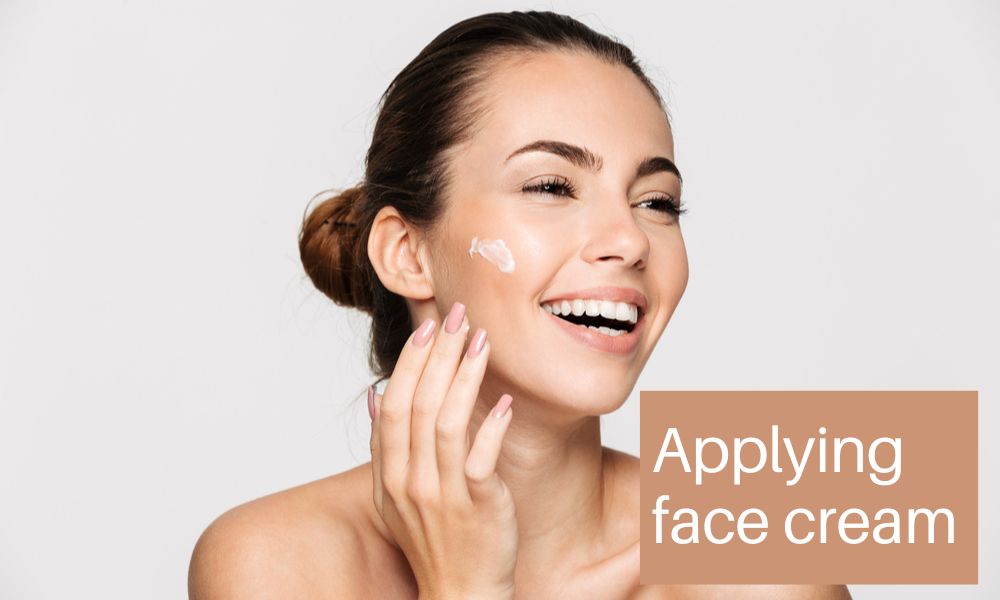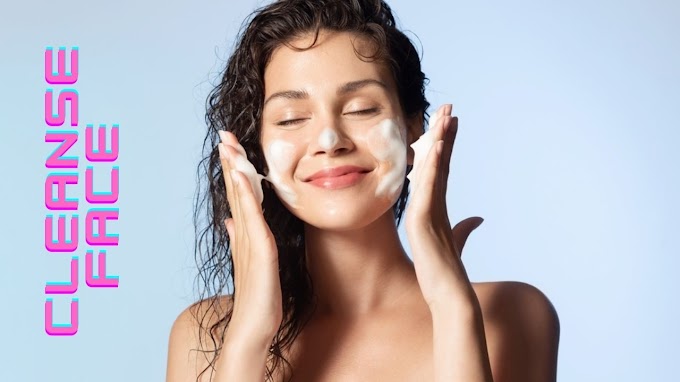healthy skin care
face healthy skin care
Spa, skincare and wellness
Natural cosmetics and skincare
Healthy skin fresh clean
Applying face cream
Cleansing skin face

Healthy clean skin
Ingredient Transparency: Clean beauty brands prioritize ingredient transparency, meaning they disclose a comprehensive list of ingredients used in their products. They aim to avoid using potentially harmful substances and focus on using natural, organic, and sustainably sourced ingredients.
Avoidance of Harmful Chemicals: Clean beauty products typically avoid or minimize the use of ingredients such as parabens, phthalates, sulfates, formaldehyde, and synthetic fragrances. These chemicals have been associated with various health concerns and environmental issues.
Natural and Organic Ingredients: Clean beauty products often contain natural and organic ingredients derived from plants, minerals, and other sustainable sources. These ingredients are believed to be gentler on the skin and less likely to cause irritation or adverse reactions.
Cruelty-Free and Vegan: Many clean beauty brands are committed to being cruelty-free, meaning they do not test their products on animals. Additionally, some clean beauty products are vegan, which means they do not contain any animal-derived ingredients.
Sustainability and Packaging: Clean beauty brands strive to reduce their environmental impact. They may use eco-friendly packaging materials, such as recyclable or biodegradable containers, and aim to minimize waste throughout the manufacturing and distribution processes.
Focus on Skin Health: Clean beauty products often prioritize the overall health of the skin. They may include ingredients known for their beneficial properties, such as antioxidants, vitamins, and botanical extracts, to nourish and protect the skin.
When choosing clean beauty products, it's important to note that the term "clean" is not regulated by any official standards or certifications. Therefore, it's essential to research and evaluate brands based on their ingredient lists, certifications (e.g., USDA Organic, EWG Verified), and reputation for transparency and ethical practices.
Remember that everyone's skin is unique, and what works for one person may not work for another. It's always a good idea to patch test new products and consult with a dermatologist or skincare professional if you have specific concerns or sensitivities.

















